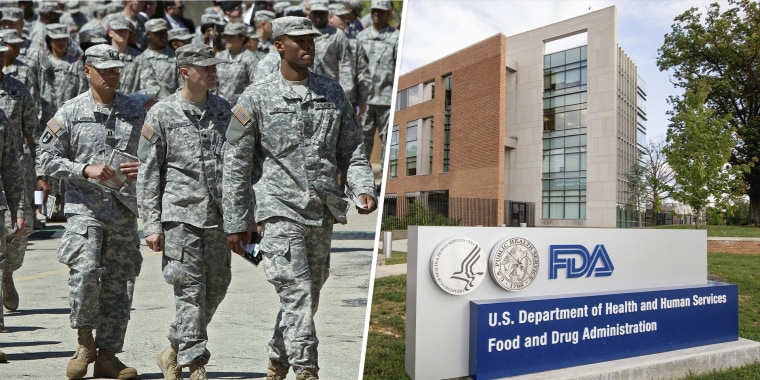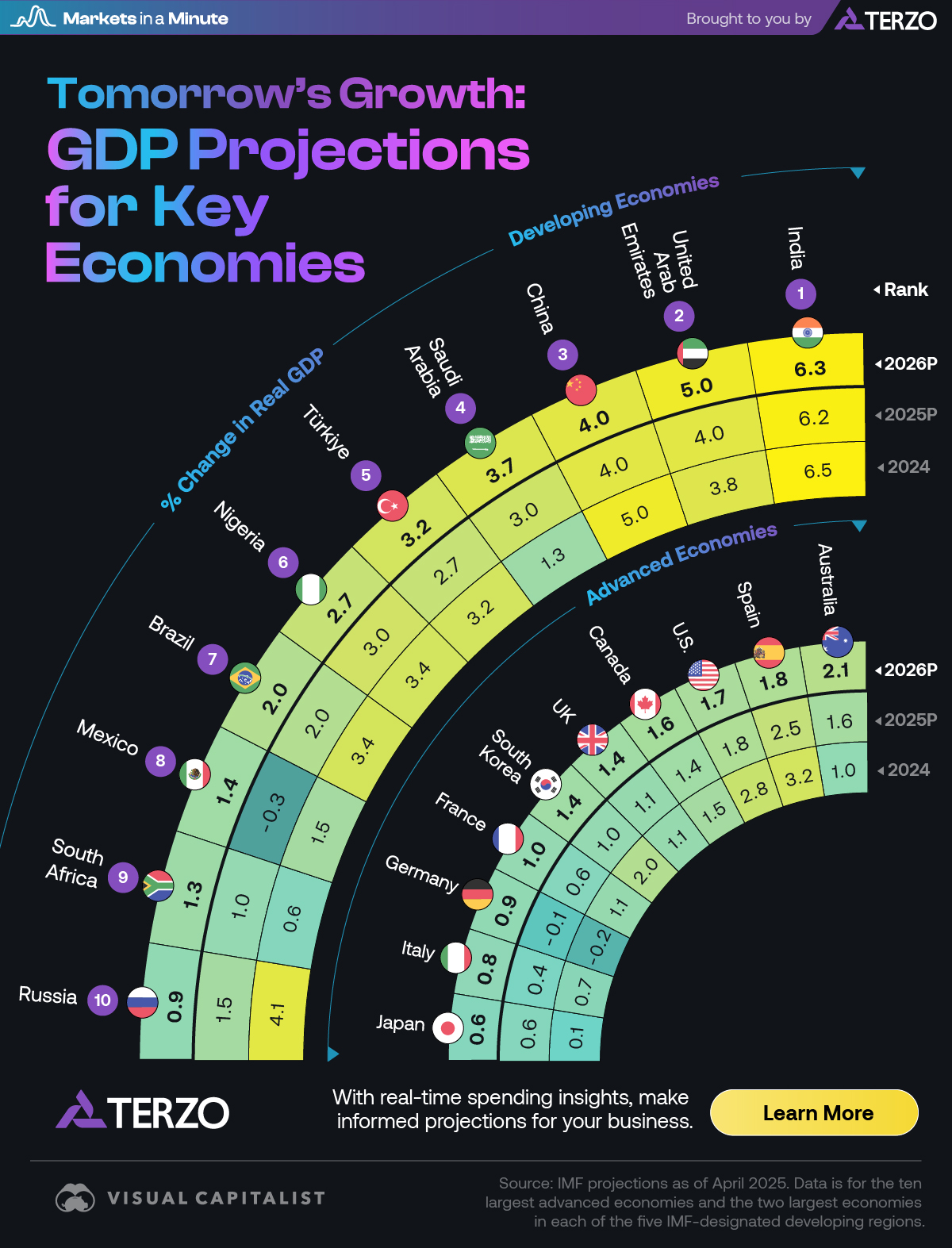Report on UK Supply Chains and Adherence to Sustainable Development Goals
A report published on July 24, 2025, by the United Kingdom’s Joint Committee on Human Rights indicates a significant failure in the nation’s efforts to meet key Sustainable Development Goals (SDGs), particularly SDG 8 (Decent Work and Economic Growth). The findings reveal that the UK’s current legal and regulatory frameworks are inadequate to prevent goods produced with forced labor from entering its market, placing the country at odds with its international commitments to human rights and sustainable development.
Key Findings: Systemic Failures in Upholding SDG Commitments
The investigation found that human rights abuses are pervasive in the supply chains of major UK imports. This situation directly contravenes SDG Target 8.7, which calls for immediate and effective measures to eradicate forced labor, end modern slavery, and prohibit child labor.
Widespread Exposure in High-Value Import Sectors
- The UK imports over $26 billion worth of goods from five sectors identified as having high levels of forced labor: electronics, garments, fish, timber, and textiles.
- The absence of effective safeguards means it is inevitable that goods tainted by modern slavery are reaching UK consumers, undermining SDG 12 (Responsible Consumption and Production).
Garment Industry: Violations of SDG 8 and SDG 10 (Reduced Inequalities)
- Evidence suggests that one in five cotton garments may be linked to the forced labor of Uyghurs and other minority groups in China’s Xinjiang region.
- This practice represents a severe violation of human rights and the principles of SDG 10, which aims to reduce inequalities and end discrimination.
- Retailers providing evidence to parliamentary committees could not guarantee their products were free from cotton sourced via forced labor, demonstrating a critical breakdown in corporate responsibility under SDG 12.
Fisheries and Agriculture: Undermining SDG 16 (Peace, Justice and Strong Institutions)
- The report highlights evidence of North Korean citizens subjected to forced labor on Chinese fishing vessels, with the catch processed in China and exported to the UK.
- This practice is linked to raising funds for the North Korean regime, including its weapons programs, thereby undermining SDG 16’s goal of reducing illicit financial flows.
- Investigations also found that processed tomatoes labeled as Italian were highly likely produced using forced labor in China, further demonstrating the lack of transparency and accountability in global food supply chains.
Renewable Energy and Mining: The Sustainable Development Paradox
- Solar Panels: The pursuit of SDG 7 (Affordable and Clean Energy) is compromised by the industry’s reliance on polysilicon from regions with a high risk of forced labor. A lack of traceability makes it nearly impossible to verify that solar panels sold in the UK are ethically sourced, creating a direct conflict with SDG 8.
- Cobalt Mining: The report notes evidence of forced labor and child labor in the artisanal mining of cobalt in the Democratic Republic of Congo (DRC). As the DRC supplies approximately 70% of the world’s cobalt, a key component for batteries, UK supply chains for electronics and electric vehicles are likely tainted, representing a severe breach of SDG Target 8.7.
Recommendations for Aligning UK Policy with Global Goals
The Committee’s report concludes that the UK’s voluntary approach has failed and recommends a series of measures to align national policy with its commitments to the Sustainable Development Goals.
- Mandatory Due Diligence: Businesses must be legally required to conduct human rights due diligence on their supply chains, with significant penalties for non-compliance. This action is essential for achieving SDG 12.
- Legal Redress: New legal pathways should be created for victims of modern slavery to seek justice in UK courts, strengthening SDG 16.
- Import Controls: The government should establish import bans on goods linked to forced labor, following the precedent set by the United States and the European Union to enforce SDG 8.7.
- Robust Oversight: A clear framework must be established to identify which government body is responsible for identifying, seizing, and overseeing the ban on illicit goods.
Conclusion: A Call for Global Partnership (SDG 17)
The report underscores that the UK has fallen behind other nations in tackling modern slavery within supply chains. Eradicating these abuses requires a global response built on multi-stakeholder collaboration, as envisioned in SDG 17 (Partnerships for the Goals). The UK government, private sector, and consumers must work in concert to build resilient, ethical, and sustainable supply chains that uphold human rights and advance the global commitment to decent work for all.
Analysis of Sustainable Development Goals (SDGs) in the Article
1. Which SDGs are addressed or connected to the issues highlighted in the article?
- SDG 8: Decent Work and Economic Growth: The article’s central theme is the prevalence of forced labor, modern slavery, and child labor within the global supply chains of goods imported into the U.K. It directly addresses the need to protect workers and ensure decent working conditions. The text states, “human rights abuses are so pervasive in key sectors,” and provides specific examples like “forced labor in the Xinjiang area of China,” “North Korean workers… subjected to forced labor on Chinese fishing vessels,” and “child labor in artisanal mines in the Democratic Republic of Congo (DRC).”
- SDG 12: Responsible Consumption and Production: The article focuses on the consumption side of the supply chain, highlighting the U.K.’s role as an importer of goods produced unsustainably and unethically. It discusses the need for corporate accountability, supply chain due diligence, and import controls. The report recommends that “businesses should be mandated to undertake due diligence of their supply chains” and that “import bans should be established for goods linked to forced labor,” which are key components of responsible production and consumption patterns.
- SDG 16: Peace, Justice and Strong Institutions: The article critiques the U.K.’s legal system, describing its frameworks as “inadequate for confronting the complexity of abuses in global supply chains.” It calls for strengthening institutions by creating new laws, penalties, and providing “new routes for victims to bring their case to U.K. courts.” Furthermore, it links forced labor to broader issues of peace and security, noting that North Korean forced labor is used “to raise funds for the regime, including its weapons programs.”
2. What specific targets under those SDGs can be identified based on the article’s content?
-
Target 8.7: Take immediate and effective measures to eradicate forced labour, end modern slavery and human trafficking and secure the prohibition and elimination of the worst forms of child labour… and by 2025 end child labour in all its forms.
- The entire article is dedicated to this target, warning that the U.K. is “at risk of becoming a dumping ground for goods made using forced labor” and citing evidence of “modern day slavery in the supply chain,” including specific instances of forced labor involving Uyghurs and North Koreans, and “child labor in artisanal mines in the Democratic Republic of Congo (DRC).”
-
Target 8.8: Protect labour rights and promote safe and secure working environments for all workers…
- The article details severe violations of labor rights, referring to “human rights abuses in a wide range of industries” and the “dire situation of the Uyghurs and other minority groups, including discriminative forced labor and re-location practices.”
-
Target 12.6: Encourage companies, especially large and transnational companies, to adopt sustainable practices and to integrate sustainability information into their reporting cycle.
- The article highlights the failure of voluntary systems, stating that retailers “cannot guarantee” their products are free from forced labor. The recommendation that “businesses should be mandated to undertake due diligence of their supply chains, with penalties levied for non-compliance” directly addresses the need to enforce sustainable corporate practices.
-
Target 16.3: Promote the rule of law at the national and international levels and ensure equal access to justice for all.
- The analysis points to institutional weakness, stating the “U.K.’s current legal and regulatory frameworks are inadequate.” The call to establish “import bans,” “penalties levied for non-compliance,” and “new routes for victims to bring their case to U.K. courts” are all measures aimed at strengthening the rule of law and access to justice.
3. Are there any indicators mentioned or implied in the article that can be used to measure progress towards the identified targets?
- Proportion and number of individuals subjected to forced labor: The article provides a specific statistic that can serve as an indicator: “1 in 5 garments made from cotton have been linked to forced labor in the Xinjiang area of China.” It also identifies specific groups being exploited, such as “North Korean workers on Chinese fishing vessels” and “child labor in artisanal mines in the Democratic Republic of Congo (DRC).”
- Value of imports from high-risk sectors: The article quantifies the U.K.’s economic exposure to goods likely produced with forced labor, stating that the “U.K. imports over $26 billion of goods from five sectors where high levels of forced labor are found: electronics, garments, fish, timber and textiles.” Another specific figure is that “Britain imported £307 million worth of fish from China” in 2023.
- Effectiveness of corporate due diligence: An indicator of failure is mentioned when a representative for the retailer Shein “could not confirm whether cotton from Xinjiang was used in clothing sold to U.K. consumers.” The lack of traceability for solar panels, where “it is almost impossible to know if any solar panel sold in the U.K. is free from forced labor,” is another indicator of insufficient corporate diligence.
- Strength of legal and regulatory frameworks: The primary indicator mentioned is the absence of key legal mechanisms. The report’s recommendations to “establish robust oversight mechanisms for the new import ban” and create “new routes for victims to bring their case to U.K. courts” imply that these do not currently exist, serving as a baseline indicator of institutional weakness.
SDGs, Targets, and Indicators Table
| SDGs | Targets | Indicators |
|---|---|---|
| SDG 8: Decent Work and Economic Growth | Target 8.7: Eradicate forced labour, end modern slavery and human trafficking, and eliminate the worst forms of child labour. |
|
| SDG 12: Responsible Consumption and Production | Target 12.6: Encourage companies to adopt sustainable practices and reporting. |
|
| SDG 16: Peace, Justice and Strong Institutions | Target 16.3: Promote the rule of law and ensure equal access to justice. |
|
Source: forbes.com







